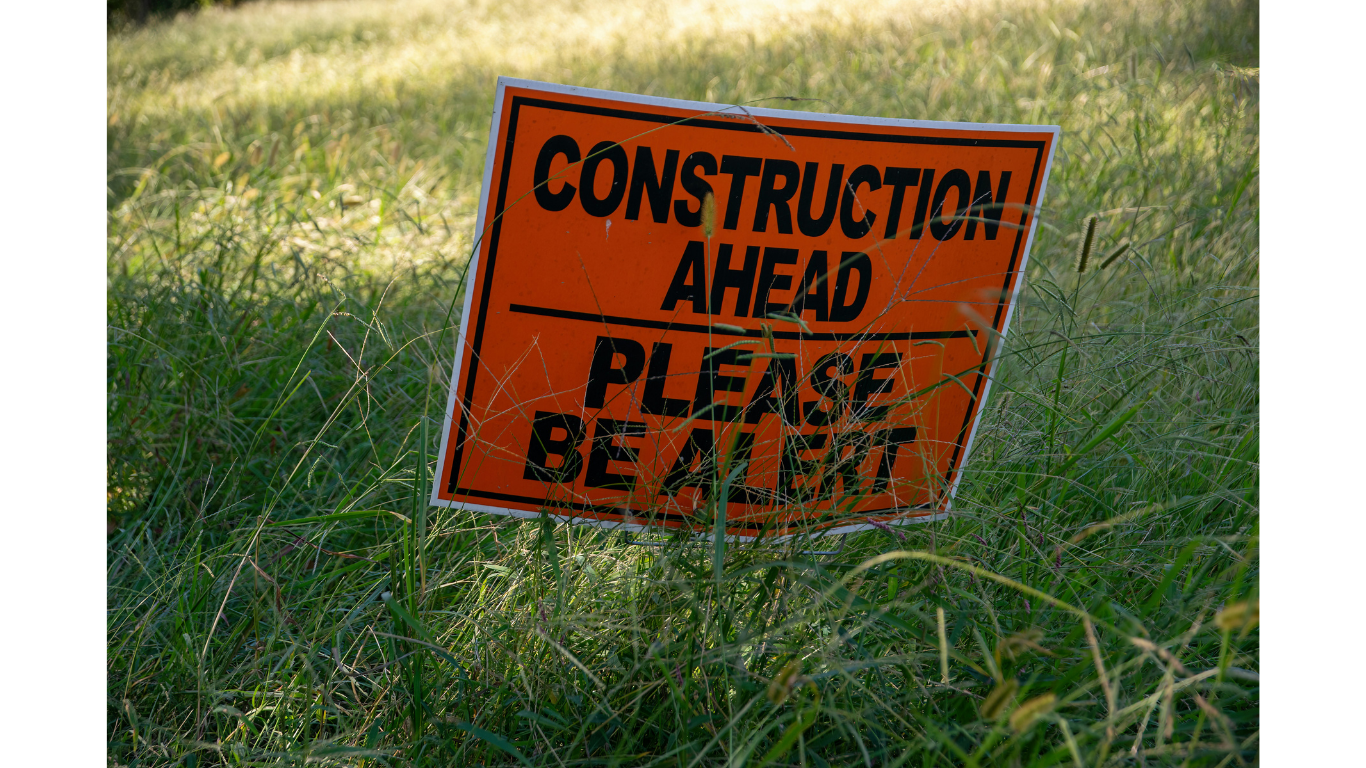Starting a new business is exhilarating, yet it comes with its share of challenges, especially when it comes to managing costs. One of the most overlooked expenses is utility costs, which can quickly add up if not monitored closely. By mastering utility costs from the beginning, you can set your startup on a path to long-term financial health.
Understanding where your energy dollars are going is crucial. There are practical strategies and innovative technologies that can help you keep these expenses in check. Smart meters, energy-efficient lighting, and the careful monitoring of peak usage hours can make a significant difference in your monthly bills.
Bringing energy-savvy practices into your startup doesn’t just save money; it also sets a sustainable precedent for your company culture. It’s fascinating how small changes, like encouraging remote work or optimizing office layouts, can lead to impactful savings. Explore these strategies to keep your energy costs under control and invest those savings back into your business growth.
Laying the Groundwork: Understanding Utility Costs for Energy-Savvy Startups
Starting a new business means keeping an eye on expenses, and utility costs can quickly add up. From knowing which parts of your workspace suck up energy to deciphering your first utility bills, getting a handle on these details can make a big difference.
How Utility Expenses Impact Startup Budgets
Utility costs might seem like a small part of the budget at first, but they can snowball. Expenses for electricity, water, and heating can surprise many new business owners with their cumulative effect. You need to factor them into budget forecasts from the get-go.
Consider creating a detailed budget that tracks utility expenses monthly. Break down electricity, gas, water, and waste management costs to understand where most of your money is going. This information can direct future strategies to reduce overall usage and cut unnecessary costs.
Identifying Major Energy Drains in New Workspaces
When setting up your workspace, your choice of equipment and layout can significantly affect energy use. Energy-efficient appliances and lighting can lead to substantial long-term savings. Look for Energy Star-rated equipment as a start.
Also, pay attention to how space is utilized. Proper insulation and energy-efficient windows can decrease heating and cooling needs, and working with experienced electrical contractors can ensure your wiring, lighting, and systems are optimized for efficiency from the start.
Be mindful of which appliances are left on when not in use and implement smart power strips to eliminate phantom energy use.
Decoding Your First Utility Bills
Your first utility bill might feel like reading a foreign language. Understanding terms like kilowatt-hours, peak demand charges, and delivery fees can save you money—and using a utility bill auditing solution can help identify billing errors or inefficiencies you might otherwise miss.
It’s wise to regularly review past bills to spot trends or unexpected spikes. If something doesn’t make sense, don’t hesitate to call your provider for clarification. Sometimes, small adjustments at peak usage times can lead to significant savings.
Being proactive about utility management early on can set the tone for your startup’s efficient growth. Implement these practices to keep your initial costs manageable.
Mastering Utility Costs: Practical Strategies for New Businesses
Effectively managing utility expenses is vital for new businesses aiming to maximize their budget. This involves creating an energy-conscious culture, leveraging technology to monitor usage, negotiating favorable rates, and applying sustainable practices.
Building an Energy-Efficient Culture from Day One
Creating an energy-efficient culture starts by embedding energy-saving habits into your business from the very beginning. Encourage staff to turn off lights and equipment when not in use. Opt for natural lighting and energy-efficient LED bulbs.
Regularly communicate the importance of energy awareness through meetings and internal communications. Assign an energy ambassador to champion conservation efforts and gather feedback on energy-saving measures. These small, consistent actions can accumulate to make a meaningful impact on reducing utility costs.
Smart Tools and Technology for Tracking Usage
Utilizing advanced tools can help you track and manage energy consumption effectively. Smart meters and IoT devices provide real-time data, allowing you to monitor usage patterns and identify wasteful practices.
Implement software that provides detailed analytics on electricity consumption. This information can guide you in adjusting energy usage and implementing conservation measures. Keep an eye on consumption trends to proactively address any spikes or inefficiencies.
Negotiating the Best Utility Rates
Securing favorable utility rates requires an understanding of your business needs and clear communication with providers. Research different providers to see what they offer. Engage in discussions to explore options tailored to your business needs.
Bundling services, such as combining electricity and gas from the same supplier, can lead to discounts and simplify billing. Don’t hesitate to renegotiate rates periodically, especially as your business’s needs evolve.
Sustainable Solutions That Save Money
Introduce sustainable practices that simultaneously cut costs and reduce your carbon footprint. Invest in energy-efficient appliances and incorporate renewable energy sources like solar panels when feasible.
Develop waste reduction and recycling programs to further reduce utility expenses. Consider the benefits of green certifications or working with sustainable partners. This not only boosts your brand’s appeal but also signals commitment to sustainability, which can attract eco-conscious customers.
Conclusion
Mastering utility costs isn’t just a back-office concern—it’s a foundational step in building a lean, resilient startup. By understanding your energy usage early, investing in efficient technologies, and fostering a culture of sustainability, you position your business for long-term financial and environmental success.
Every dollar saved on utilities is a dollar that can be reinvested into innovation, growth, and building a workplace that reflects smart, future-focused values. With the right strategies in place from day one, your startup won’t just survive—it will thrive with energy-conscious confidence.
Article received via mail































